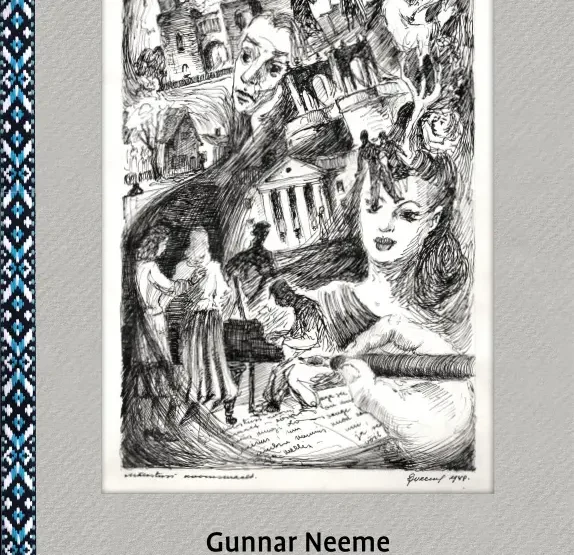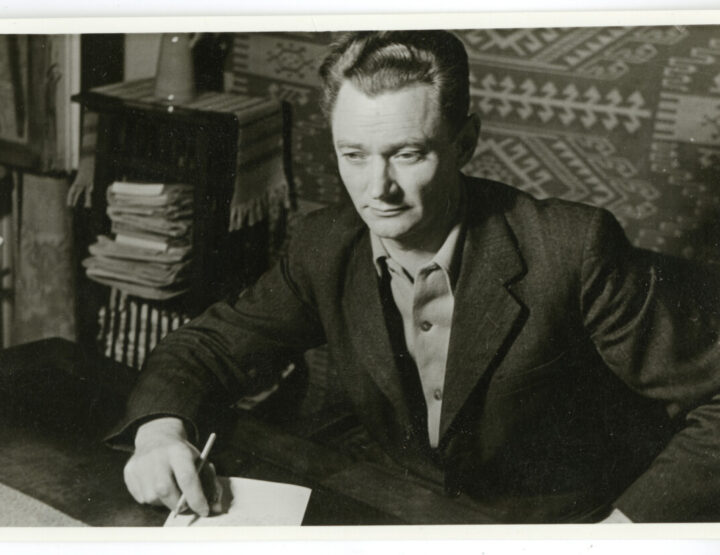Eva Koff’s second novel Lucid Dreams is true to its title, exploring a state of lucid dreaming that is so powerful it cannot be separated from reality. The book itself follows the logic of dreaming – one based on a lack of logic and order. True-to-life details (a stranger’s haunting gaze, popular new nightlife venues, biblical stories heard long ago, news read just before going to bed) meld into a whole while one is asleep. All we can do when we awake is ask ourselves: Why? And what does that flurry of fragmented images say about me?
Lucid Dreams opens with a compelling scene: seven employees of the giant corporation Alethia are found frozen in place in their office. It’s a condition just like that of a frozen computer – operating, but entirely incapable to respond. The corporation’s CEO, legendary businessman Meelis Luik, has suddenly and mysteriously skipped town. An opening that makes one want to fly through the pages to uncover what the climax will be: what happened and how will it all be resolved? Yet the deeper in the story you get, the more you suspect that the author may never provide clear answers to these questions. Four protagonists share the role of narrator: Guido, an uncompromising director of modern theater; Anastassia, a believer in crystal healing who is recovering from an affair with her boss; Jaan, her insomniac son; and Hele, a sleep scientist who is also critically sleepless.
The storylines are tightly interwoven despite the fact that not all the characters meet. Koff stacks their parallel lives carefully, layer by layer, unafraid to make minor jumps through time. The four struggle with sleep (or a lack of it) in individual ways, though they aren’t always capable of differentiating between their dreaming and waking states.
Koff’s writing is steeped so heavily in references and symbolism that the author alone might be able to interpret it fully. Some examples: the ancient Greek aletheia means truth or reality, the charismatic actor Immanuel’s name is an obvious nod to Jesus Christ, and it can be no coincidence that Guido is producing Dostoyevsky’s fantastical play The Idiot. Other details are less transparent. Why does every character travel around the city exclusively in Bolt rideshare taxis? Did the startup’s founders invest in product placement? The Usain Bolt Bar, which pops up repeatedly, must be an inside joke among the Koff family. Or perhaps the author’s intention is to perplex the reader; to blindfold and spin them around and around until the lines between dream and reality are utterly blurred.
Eva Kohv
Lucid Dreams
Härra Tee & Proua Kohvi, 2021, 264 pp.
ISBN 9789949986187





